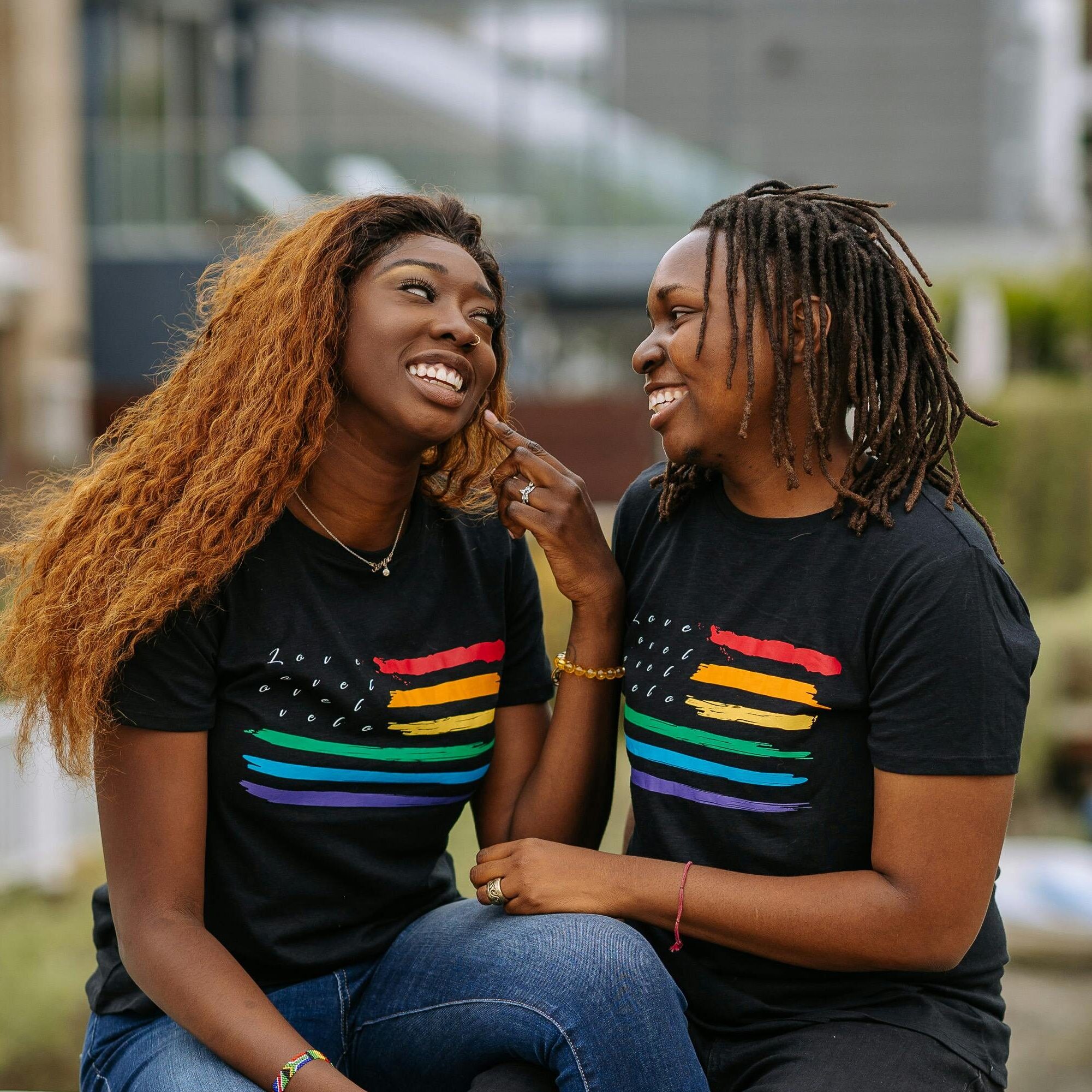categories
I am a licensed clinical therapist, self love advocate and owner of North Node therapy... where we provide culturally competent therapeutic services to BIPOC in NY. Our goal is and has always been to normalize people of color getting the support they need to be well mentally, and emotionally.
I'm Noderea
make your inbox happy by signing up to RECEIVE our blog
blog love
BIPOC Mental Health: LGBTQ+ BIPOC Individuals During Pride Month
June 30, 2025

Pride Month is a vibrant celebration of love, identity, and resilience. It’s a time to honor the progress of the LGBTQ+ community while recognizing the work that still needs to be done. But for LGBTQ+ individuals who also identify as Black, Indigenous, or People of Color (BIPOC), Pride can be both a joyful and complicated experience.
The intersection of race, ethnicity, gender identity, and sexual orientation creates unique challenges that impact the mental health and overall well-being of LGBTQ+ BIPOC individuals. As we celebrate Pride, it’s essential to center these voices, recognize their struggles, and uplift their resilience.
The Intersection of Identities
Being BIPOC and LGBTQ+ means navigating multiple layers of marginalization. Many LGBTQ+ BIPOC individuals face racism within the broader LGBTQ+ community and experience homophobia or transphobia within their racial or cultural communities. This dual marginalization often leads to:
- Increased mental health risks, including anxiety, depression, and PTSD
- Barriers to accessing culturally competent mental health care
- Discrimination in healthcare, education, housing, and employment
- Feelings of isolation or invisibility, even within communities meant to support them
Mental Health Matters
According to research, LGBTQ+ BIPOC individuals are more likely to experience mental health issues compared to their white LGBTQ+ counterparts and cisgender heterosexual BIPOC peers. Yet, they are also less likely to receive affirming and inclusive care.
Stigma, fear of being misunderstood, and lack of access to inclusive therapists can prevent many from seeking support. This is why mental health advocacy must be intersectional—taking into account the layered identities that shape people’s experiences.
Creating Safe, Affirming Spaces
It’s not enough to just acknowledge these challenges—we must actively work toward solutions:
- Culturally responsive therapy: Mental health professionals must understand how culture, identity, and systemic oppression affect LGBTQ+ BIPOC clients.
- Community care: Peer-led groups, grassroots organizations, and community-based healing spaces can be lifelines.
- Representation matters: Seeing therapists, leaders, and activists who look like you and share your lived experiences helps build trust and reduce stigma.
- Allyship and advocacy: If you’re in a position of privilege, speak up, amplify marginalized voices, and advocate for more inclusive mental health policies and practices.
Honoring Resilience During Pride
Despite these challenges, LGBTQ+ BIPOC individuals continue to lead movements, create art, foster community, and thrive in bold, beautiful ways. Pride Month is an opportunity to not only celebrate who they are but also affirm their right to mental health, healing, and joy.
This June—and every month—let’s work together to break down barriers, celebrate intersectionality, and ensure that mental health support is inclusive and accessible for all.
Leave a Reply Cancel reply
categories
I am a licensed clinical therapist, self love advocate and owner of North Node therapy... where we provide culturally competent therapeutic services to BIPOC in NY. Our goal is and has always been to normalize people of color getting the support they need to be well mentally, and emotionally.